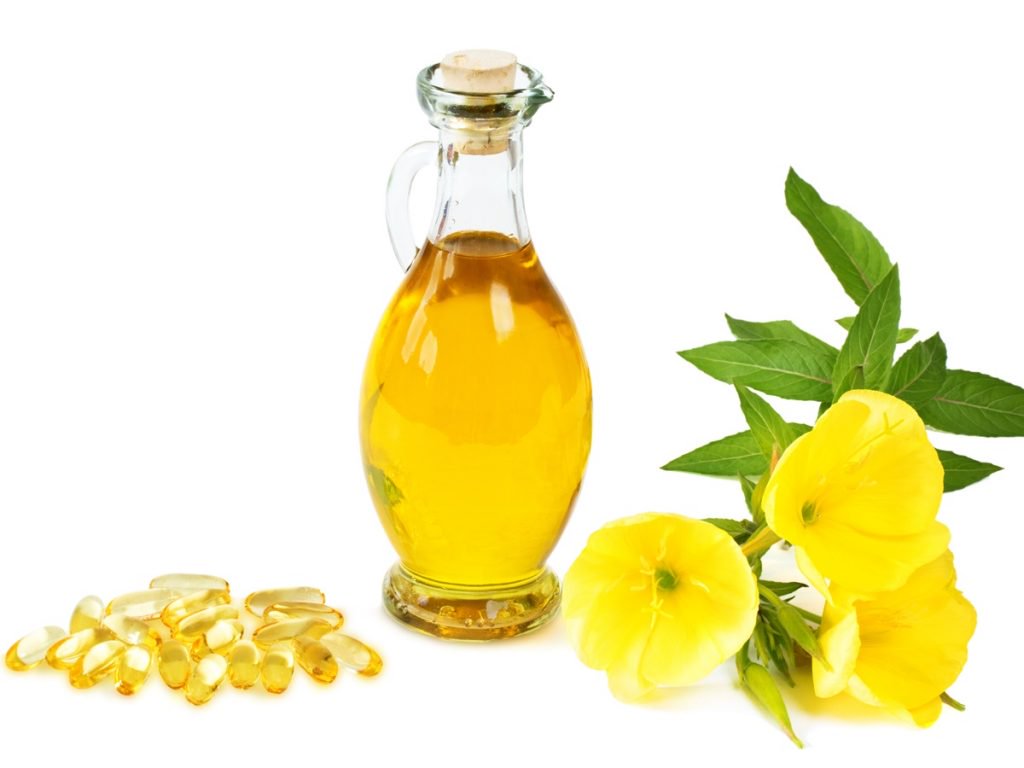As women age, other than the concerns of pre-menopausal issues and the physical, emotional and psychological issues that come with it, another problem that becomes bothersome is the significant decrease in sexual drive that is accompanied by vaginal dryness and itchiness.
Vaginal dryness is not associated with menopause alone as it can also affect women of all ages; in fact it may be a sign of a deeper problem that needs immediate attention and treatment. To understand the symptom of vaginal dryness and itchiness you have to know what causes it
 You may find yourself in a very delicate position to discuss this matter, be rest assured though that your gynecologist or health provider have encountered many problems like yours, so you do not need to worry. Discussing it will be a very big step towards finding the solution you need.
You may find yourself in a very delicate position to discuss this matter, be rest assured though that your gynecologist or health provider have encountered many problems like yours, so you do not need to worry. Discussing it will be a very big step towards finding the solution you need.
If you are in pre-menopause, vaginal dryness is associated with the decrease in hormone supply from the ovaries and your gynecologist will discuss with you about hormonal replacement therapy.
However, if you are not in this stage something else may be causing the dryness and itchiness. These findings may not be accurate but will give you an idea of your condition.
A condition called atrophic vaginal changes is usually accompanied by vaginal dryness. This may affect women of all ages; this condition is caused by a sudden decline in the estrogen levels.
Conditions that predispose this are: anorexia, childbirth and sudden loss of weight. All three conditions are associated with loss of body fluid and can therefore cause dehydration; they are also associated with psychological conditions that can affect the production of estrogen levels.
The symptoms include vaginal tissues becoming flattened, smoother, thinner and paler in appearance; and the feeling of dryness that is not related to any inflammation.
Management of this condition may include estrogen supplement in both oral or topical form and the aid of hypoallergenic lubricating, moisturizing remedies.
Another condition related to vaginal dryness and itchiness is called atrophic vaginitis, the symptoms are the same with atrophic vaginal changes discussed earlier, the only difference is that atrophic vaginitis is associated with inflammation, so it is also manifested by pain, redness, burning and itching sensation during urination and also painful intercourse.
This condition is also caused by a decline in the estrogen level decreasing the vagina’s normal flora and making the pH less acidic making the woman very prone to infection and inflammation.
Treatment management for atrophic vaginitis will include an antibiotic therapy other than the estrogen supplement and lubricating solution mentioned earlier.
Another condition related to vaginal dryness and itching is genital lichen sclerosis also called lichen sclerosus. This is an autoimmune condition, the exact cause is unknown that start with the appearance of small smooth patches (hypopigmentation) around the vulva and sometimes extends to the perineum and the anus.
Over time they become large patches making the vulva appear thinner and crinkled, eventually losing the tissue folds and the sensation. Treatment may include topical corticosteroids and estrogen vaginal products to prevent tissue bleeding, tearing and scarring.
Although lichen sclerosis is not cancer, studies showed that vaginal tissues that have been scarred predisposes slightly to the development of cancer cells.
There are still other causes of dryness and they include vulvodynia, bacterial infections like: vaginosis, herpes, candidiasis, psoriasis, contact dermatitis, and condylomata (genital warts), just to name a few.
Whatever it is that is causing the symptoms, the best thing for you to do is to visit your gynecologist for proper assessment and evaluation so that proper treatment management can be given to you.






